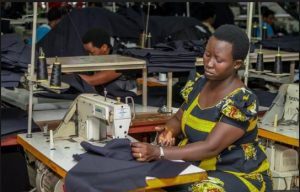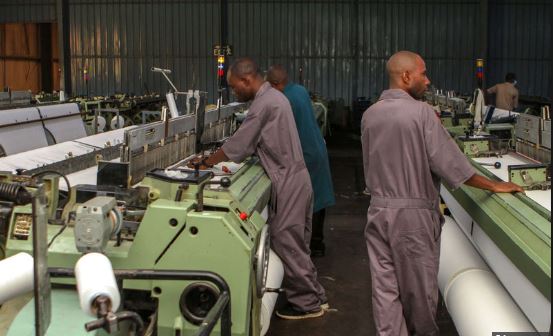 Early last year, weeks after Donald Trump was sworn in as president, a little known American trade association filed a petition with the U.S. Trade Representative.
Early last year, weeks after Donald Trump was sworn in as president, a little known American trade association filed a petition with the U.S. Trade Representative.
That seven-page letter set Africa in the cross-hairs of the new administration’s ‘America First’ trade ideology, pitting the world’s largest economy against tiny Rwanda over an unlikely U.S. export: cast-off clothes.
In March, the USTR warned Rwanda it would lose some benefits under the African Growth and Opportunity Act (AGOA), America’s flagship trade legislation for Africa, in 60 days after it increased tariffs on second-hand clothes to support its local garment industry.
“The president’s determinations underscore his commitment to enforcing our trade laws and ensuring fairness in our trade relationships,” Deputy U.S. Trade Representative C.J. Mahoney said, announcing the decision.
The 60-day grace period expires on May 28.
But no matter the outcome, the row is further straining Washington’s relations with Africa at a time when it is being aggressively courted by America’s global competitors, not least China.
Beijing has invested tens of billions of dollars in the continent, most recently as part of its huge Belt and Road foreign trade strategy.
Under AGOA, enacted in 2000 with the aim of using trade to boost development, qualifying African countries are granted duty-free access to the U.S. market for 6,500 exported products.
The current dispute, which also initially involved Kenya, Tanzania and Uganda, has received none of the attention of Trump’s trade war with China or his haggling with North American neighbors.
Yet critics – including former U.S. trade officials – see in it a worrying indication of how Washington will approach trade relations with Africa.




